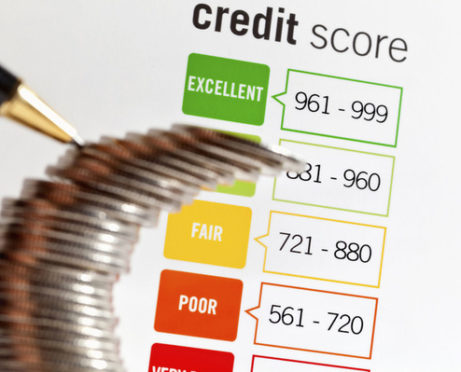
“Efficiency, efficiency, efficiency, break!”
Twice a week, for three years, my economics study group started each session with that cheer. Yes, I’m completely serious, and if you’re judging me it’s because you’re jealous.
The cheer started as a motivational pun, but the message grew to the point where I can say it influenced my life more than any other part of my undergraduate education.
Economics is the study of scarcity or choice. Economists attempt to understand how people, businesses, and countries allocate their resources to achieve their goals. In empirical economics, there is no good or bad – just efficient or inefficient.
Did that person, that firm, or that country make the most efficient choices based on their stated objectives? That’s all we cared about.
When I left school and entered the workforce, I applied these lessons to my personal finances. My goal was to build wealth. I started slow, I made investing mistakes, but in time, I became a wealth-building machine.
Build and Personalize Your Investing Portfolio — Get Your Stock Advisor Offer >>
I grew my income from $50,000 right out of college, to $125,000 six years later.
I kept my expenses in check (largely thanks to my husband’s frugality), and we invested the difference.
Our net worth grew, but my husband and I did not feel like we lived an enriched life. For all our efficiency in wealth building, we missed the mark when it came to managing our finances. More accurately, we hit the mark, but we aimed at the wrong target.
Making financial progress requires moving towards the right goal, not just moving. I worked so much on financial efficiency that I didn’t realize that my movements were a little off the ideal target.
English philosopher Francis Bacon wrote, “Money is a good servant, but a bad master.”
I agree.
Slavishly accumulating money for its own sake is a bad goal, even if you are really good at it. I didn’t truly understand this until after my son was born.
Through the fog of postpartum depression and the sleepless nights of new motherhood, I felt something was off, and I had the sense that the problem was related to money.
Start Managing Your Finances — Download This Personal Finance App Here >>
As the depression lifted, I realized that Rob and I had healthy financial habits, but no financial priorities.
Our previous tactics of earning as much as possible while spending well within our means left us unmoored in the tumultuous seas of new parenthood.
With a deep desire to stay home with my son, I realized that growing wealth could not be my top priority, and thankfully Rob agreed. At that point, Rob and I began to prioritize finding the financial means for me to stay home while he finished school. That’s when we made some inefficient financial choices.
The first inefficient money choice that we made cost us $12,000 over three years.
We paid approximately $12,000 more than we would have otherwise for a friend to watch our son instead of sending him to a lower-cost daycare option.
I wanted to stay home with my son, but at the time it wasn’t a realistic option. Sending him to a friend gave me a greater peace of mind that I think was worth the extra $12,000.
Get Help With Budgeting Today — Download the Personal Finance App Here >>
Childcare expenses were 25 to 30 percent of our total household expenditures while I was still working.

Since we had already started making inefficient money choices, we decided to destroy our wealth-building opportunities by having another child. Raising a child is expensive; college costs are going through the roof; and as my husband says, “I carry pictures of my kids where I used to carry money.” However, my husband and I love being parents, even though it takes a toll (both mentally and financially).
Finally, after my daughter was born, I made the most inefficient decision of all – I quit my job, the source of nearly two-thirds of our family’s income.
Staying at home with my kids has been an amazing experience for me. Both my husband and I are less stressed, and we’re much happier with the amount of time that I get to spend with our kids. It’s amazing to not need to spend an hour a day pumping breast milk and cleaning bottles. Even though our brokerage account isn’t getting any love these days, I’m thankful for the opportunity to live this lifestyle.
Learn How to Invest Confidently — Download This Free App >>










